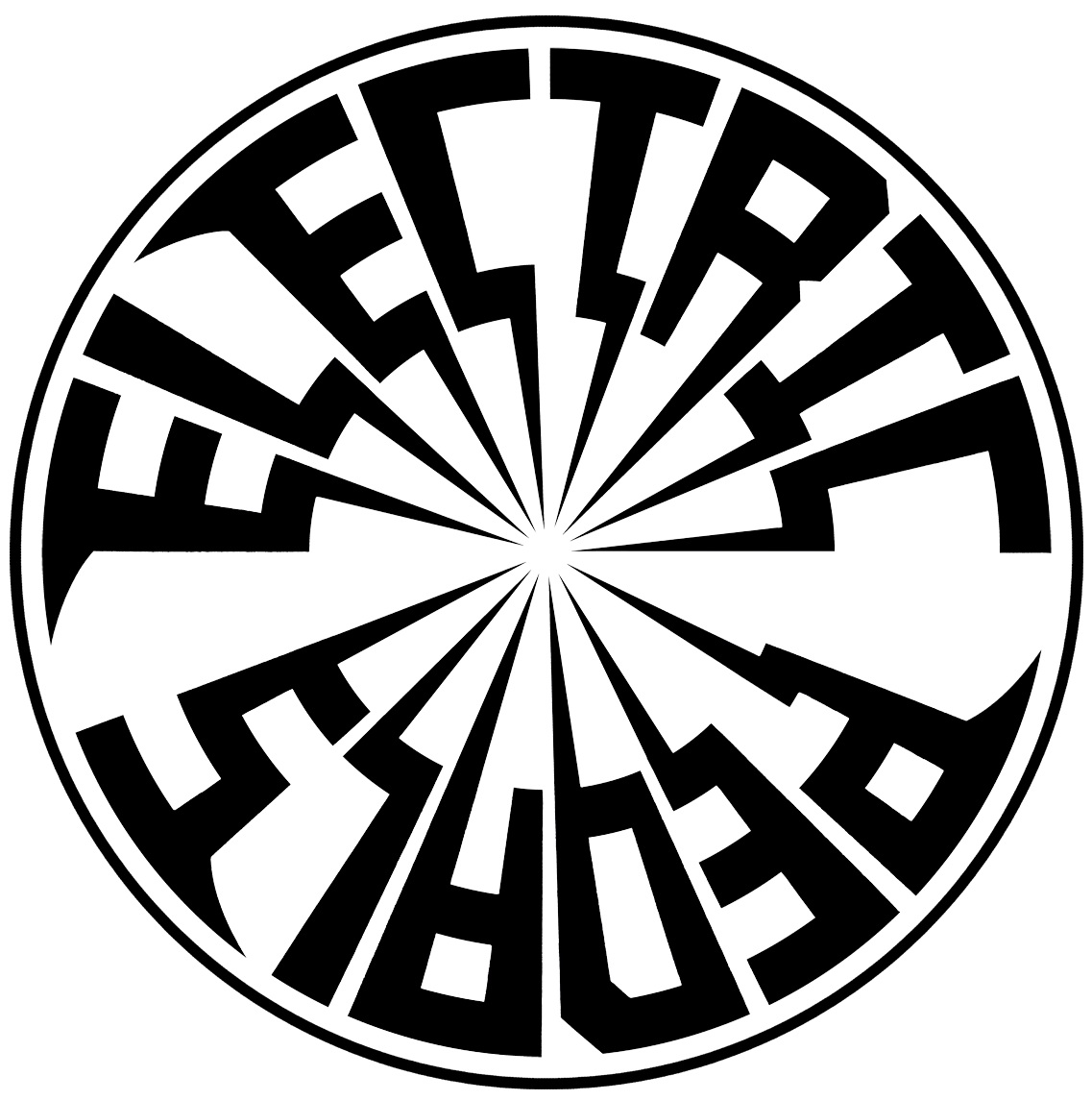Bike-Powered Water Distillation Experiment @ Imperial Festival
We get a lot of calls at our workshop in Peckham for unusual and random bike-powered requests ranging from bike-powered milk floats to pedal power in people's homes. However, we thought we had pedal power possibilities pretty covered, until we were called by Imperial College researchers from the Livingston Group whose work is predominantly focused on developing artificial membrane technology:
"...the key research activities of the Livingston Group focus on the development and application of separation processes, particularly membrane technology in aqueous and non-aqueous solutions." Source: Livingston Group
Basically, this group of researchers were looking to use pedal power to help show the efficiency of their membrane technology to distill water versus a traditional & inefficient water evaporation (boiling, for example) method. Boiling a kettle uses a huge amount of energy, almost 10 times as much as watching an LCD TV.
And think how many times an average person uses a kettle in one day for cups of tea or during food preparation? Whilst it is an everyday appliance that most of us couldn't live without, evaporation for distillation isn't sustainable or affordable for a large proportion of communities who are in need of clean water. Robert Woodward, one of the Research Assistants from the Livingston Group explains the benefits of membrane technology:
"In distillation, water is heated up to its boiling point and the vapour is condensed, free of contaminants. Membranes, however, have pores that allow the passage of water, while retaining the bigger dissolved contaminants, acting as a molecular sieve...
Membrane filtration requires almost hundred times less energy than distillation, which results in much lower operating costs when purifying similar amounts of water." Source: Robert Woodward, Livingston Group.
We both felt the efficiency & the sustainability of pedal power would work perfectly to help promote this exciting technology and we had the Research team down to our workshop to test-run the equipment before the main experimental display at Imperial College's Festival on the 10th of May. After a few tweaks & a team member being doused in water, we were ready to go. You can check out our eventful test-run on our Facebook.
The Research Assistants provided their technology and we brought ours. We had a simple set up: one bike attached to the 'membrane unit' and another connected to the 'evaporation unit' so cyclists could compete against each other to see who could purify the most amount of water.
Researchers of the Livingston Group encourage pedal power participants whilst watching the results © Livingston Group
Unsurprisingly, the cyclists connected to the membrane unit won every time proving this technology is more energy-saving and easier to work than the traditional evaporation technique. It was a great day of excitement and learning for everyone involved, with a little bit of physical exertion on the bikes added in for good measure to get the blood (and water in the experiment) pumping!
Guess which kid is cycling on the bike connected to the evaporation unit? © Livingston Group
For more information on this fascinating technology, Imperial College have written about this experiment on their own Blog.


